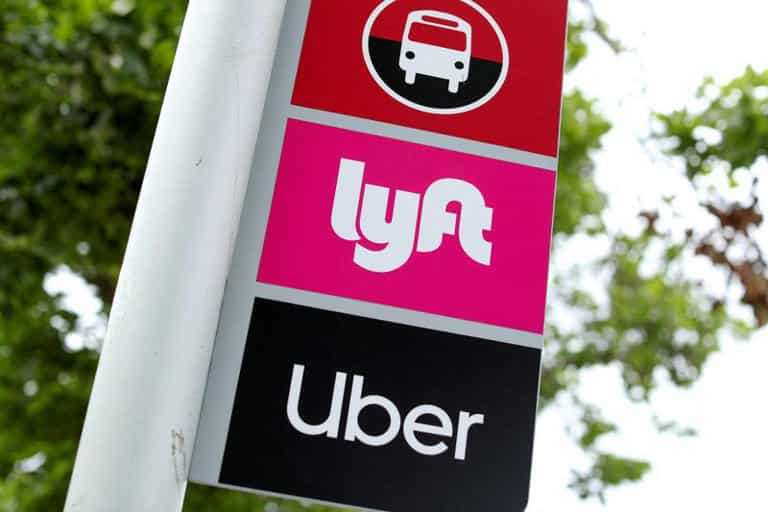California Court Deliberates Gig Worker Classification
California’s top court is currently deliberating whether voters have the authority to classify app-based drivers for companies like Uber and Lyft as independent contractors under Proposition 22 (Prop 22). This debate stems from the 2020 ballot measure, which exempts these drivers from a 2019 state law mandating stricter employee classifications and greater benefits.
Arguments Presented in the Court
- The Service Employees International Union (SEIU) and four drivers argue that Prop 22 is unconstitutional.
- Prop 22 allows app-based transportation services to treat drivers as independent contractors, provided they meet certain wage and benefit criteria.
Impact on the Ride-Service Industry
The classification of workers as employees or contractors has significant cost implications. Employees are entitled to benefits like minimum wage, overtime pay, and expense reimbursements, potentially increasing costs by up to 30% according to studies.
Challenges and Concerns
- The lawsuit questions whether Prop 22 limits the legislature’s authority to regulate workers’ compensation.
- Justices are exploring the balance between voter control and legislative power in this matter.
National Implications
This case in California is part of a broader national discussion on gig worker classification. Similar debates are ongoing in states like Minnesota and Massachusetts, with companies like Uber and Lyft facing legal challenges over worker classification and benefits.
The California Court is expected to issue a ruling on this matter within the next 90 days.
















































